You are looking forward to your first-time visit in Tunisia. This article contains the important things to know about Tunisia before visiting.
Tunisia, the smallest North African Country by land mass. It is located in the Maghreb region of North Africa, bordered by Algeria to the West and Libya to the South East. And the Meditarranean sea to the North and East.
Below Are 12 Important Things About Tunisia Before Visiting;
Summer Is Hot, Winter Is Mildly Hot
The best time to visit Tunisia for a beach vacation or holiday is around June to Septembe. The summer months from June to September is always hot with temperatures reaching up to 40°C / 104 F)
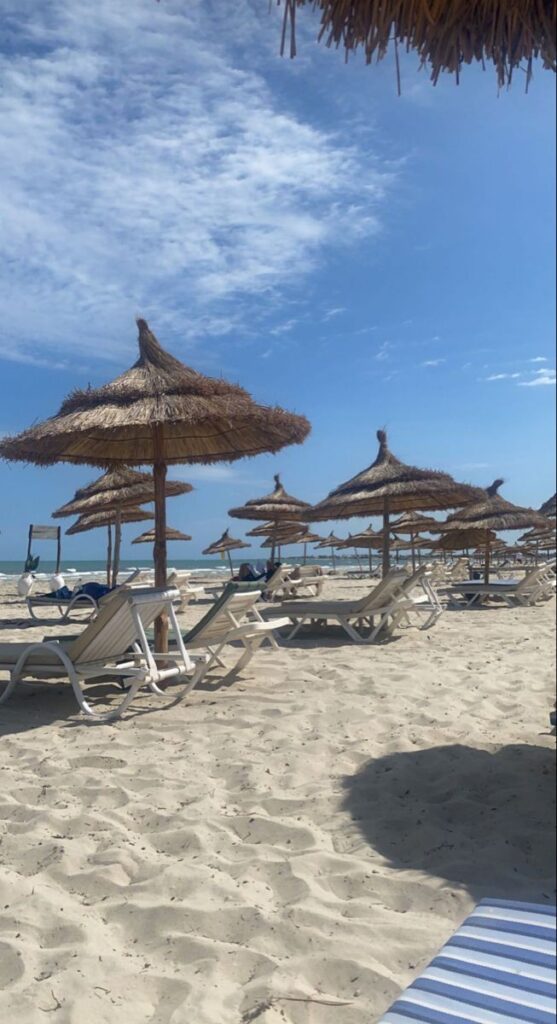
When you want to visit the Tunisian Sahara desert, before or after summer is the best time to go. You can also visit the desert during the winter months from November to March when the desert temperature is below 30°C / 86 F. The day time will be mildly hot but the night time will be so cold. You are advised to pack extra clothes and socks for warmth
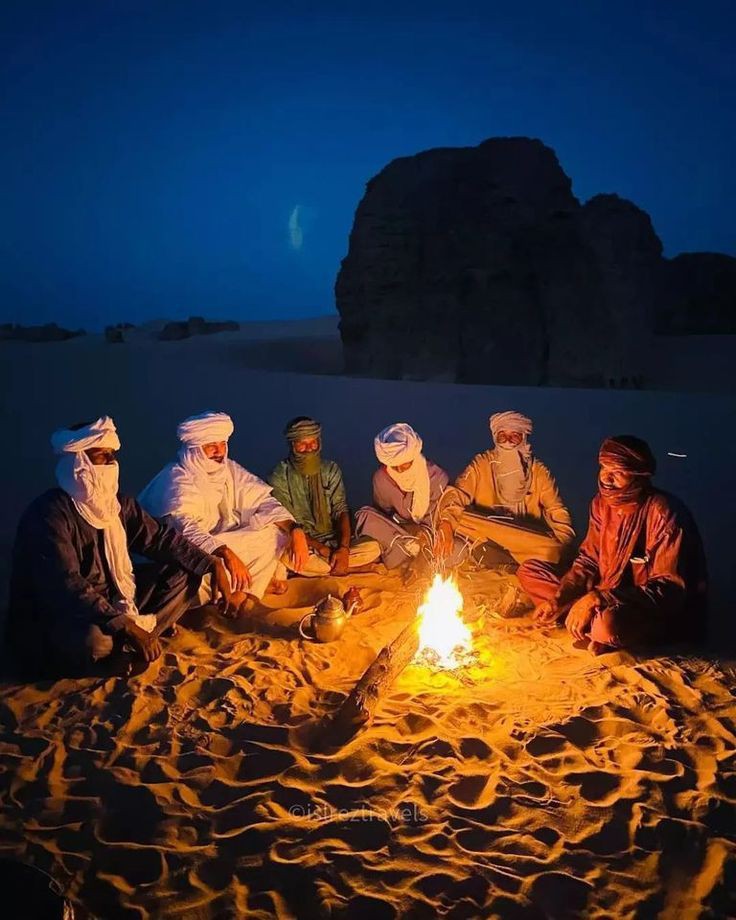
Tunisia has a split personality.
One of the things about To know about Tunisia before visiting is that the citizens of the North African country prefer secular ways of life.
Islam is the major cultural and political force here. However, citizens have adopted various ways of life in which they all co-exist peacefully. The secular part of Tunisia began when a vendor set himself ablaze after he was dehumanized by a municipal officer in December, 2010.
Doolesha Always
“Doolesha” in Tunisia language means “to walk slowly” or “to stroll”. When you walk at a slow pace to explore the old Medina city as it is the only way to experience the city. Before the Arabs came to build the UNESCO World heritage recognized Medina, the old one was built around Zeytouna Mosque.
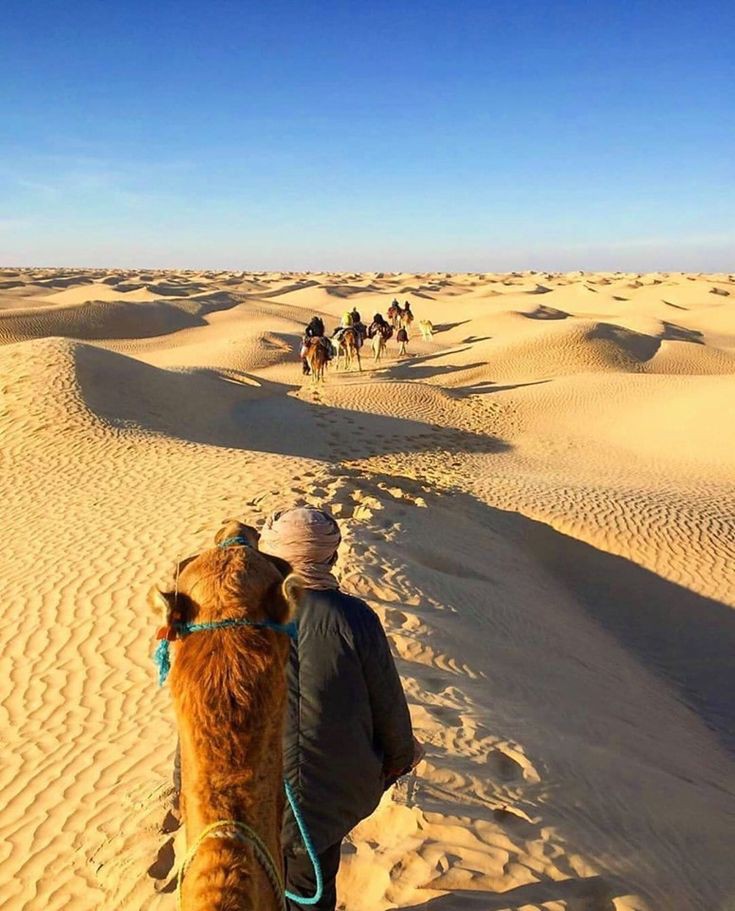
Moreover, the old city was opened to visitors and accompanied by its safety rules. Some of there were; women should cover their hair and everyone should cover their limbs ( for compass when you get lost as some point).
For lone women travellers, hoots, whistles, kisses and ‘compliments’ found in many cities across the world will be the sound track to your walks with the help of headphones. This also helps to reduce the noise.
Men Cafe, Men & Women Cafe
There are two types of cafe in Tunisia, the one for the male gender only and the other one for both genders.
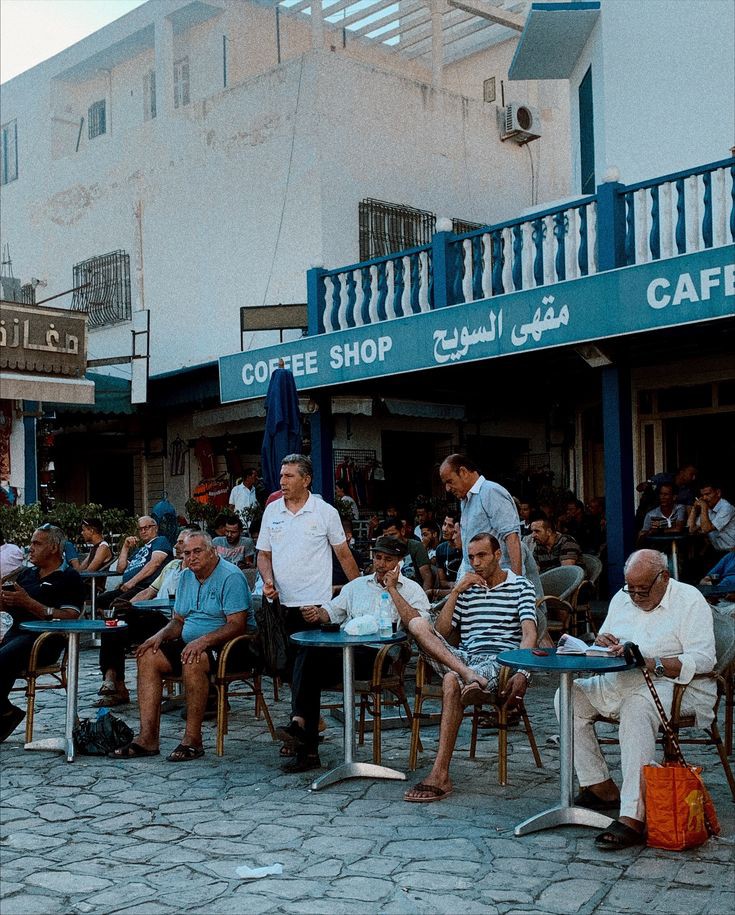
As a guy, male maqhwa cafe (all male) is the favorite place to catch your moment, as you can immediately make a lot of friends. However, the Tunisia women rarely come out but the Theatre de L’ Étoile du Nord is where most of them like to take their coffee, as it is also a stomping ground of young Tunisian leftists.
Tunisian Diet Is Not Mediterranean
The love for oil and sugar in the country has brought about to the exponential increased rate of heart diseases. The major food in Tunisia is bread as the rest of the eating table is always filled with sandwiches stuffed with french fries, macaroni with potatoes, couscous, deep-fried potatoes and peppers mashed into a paste called “kefteji”.
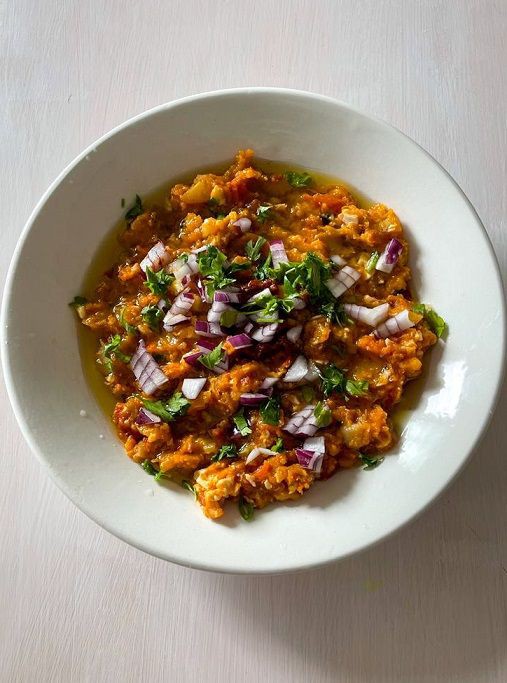
If you look foward to trying Tunisian local foods, there are many restuarants that serve the traditional dishes. Chou Chou near Le Passage will bring you “mergez ojja” (shakshuka on steroids) served in clay bowls with a side of three baguettes. And fried fish couscous with fava beans from Cafe Maklaoui in the souq is another traditional delicacy.
Harissa is ketchup and more
Harissa is one of the Key things about Tunisia. It is a fiery chilli paste made from red and serrano peppers, garlic, coriander, and caraway. It is seen as a staple condiment.
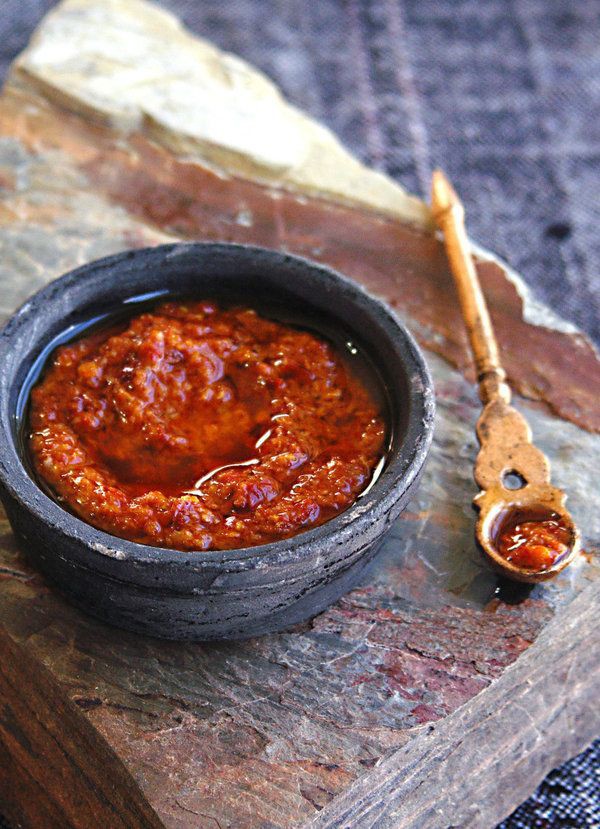
Tunisians believe eating spicy food is good for your health, though it wreaks havoc on an unaccustomed digestive system. Most meals are served with a small side plate of harissa, and any sandwich maker will slather harissa on the bread. Depending on your tastes and limits, ask for “schwaya” (a little) or “barsha” (a lot).
Tuna fish and eggs Are Important
Only few Tunisians are in a state of confusion regarding eggs or fishes. These two are always on the culinary table. You will enjoy your stay in Tunis if you love both of them the way the Tunisians do.
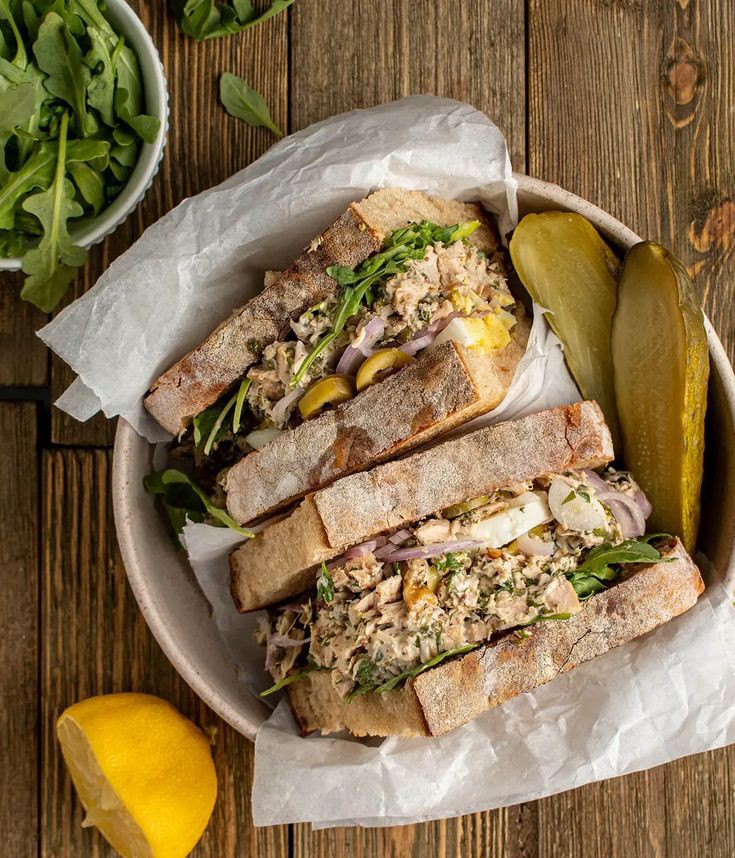
A way to test these two in a meal is the “plat tunisien”. This is a meal that comprises of grilled vegetable salad, preserved lemons, harissa, chopped cucumbers with a poached egg and finished with tuna fish. Or snack on a ” brick a l’oeuf”. A thin sheet of dough filled with parsley, tuna fish and raw eggs before it is fried to crispy perfection and taken along with lemon.
Always Water and Soap
You would have to bring your own toiletries when visiting Tunisia. Water and Soap are seen as better cleaner than papers in the public and private bathrooms. Although, you would find paper in some of the few fanciest restuarants there.
Also, according to Isamic practice, the left hand is for the dirty tasks while the right hand is for eating, exchange of money, etc.
Tunis Is Not Really About Nightlife
Unless you know where to look, Tunisia nightlife is elusive. However, there are few spots downtown that serve Celtia, the country’s local brew. Just like the cafes, they generally cater to men who misinterpret the presence of a woman.
If you don’t care about this and you want to throw caution into the wind, go to the Cafes de Journalistes (Avenue Habib Bourguiba). For dancing and cocktails, your best bet is to head out to the suburbs, including La Marsa, La Goulette. These are where you’ll find nightclubs and bars like Le Plug and Carpe Diem as most clubs close around 2am.
A Red Line For Hard Drugs
One of the things about Tunisia before visiting is to be aware of their harsh drug laws. Even if you are caught with a little amount of marijuana, the least punishment you would get is 5 years in jail. You can find alcohol in some bars, hotels etc but they stop selling at midnight. Before you get alcohol and wine from the large chains, you must show your ID card to prove you are not s muslim.
A country with these rules, it will be advisable not to get drunk in public.
Walking Is Preferable
The best way to enjoy your stay in Tunis is by walking. In Tunisia, pedestrians don’t have the right of way “unofficially”, so you have to manuever your body while walking. This is because other forms of transportation are not really straightforward.
To hail a cab, watch out for the red (not green) blinking light on the dashboard. It gives you a few MBs datas on your phone as most cabs aren’t equipped with GPS. And you could spent a healthy amount of time driving around in circles.
Also, make sure you tell the driver to turn on the meter. A drive across the city with no traffic won’t cost more than 10 dinar.
Skin Shed Is Possible
An interesting things about Tunisia visiting is that you can have your skin shed within few minutes. If you are uncomfortable around steam, semi-nudity, or the feeling of your own dead skin peeling off your body, stay away. Or you get a glove and a bar of soap, and follow the people rolling suitcases down the street to the nearest hammam.
Hammans are single-sex individuals that cater to men and women at different hours. Men and women take everything off except their underwear. you’ll be handed two plastic buckets when you get inside as you sit for as long as you can tolerate in the steam room, to prepare your skin. A Hamman or Madame will scrub down your body as you watch in a mix of fascination and disgust at the oily, black worms of dead skin that are sloughed off.
Conclusion
Failure to plan is planning to fail. Packing your bags to Tunisia without these above 12 important things is you wasting your time and resources and you could even get into trouble.
With these things in mind, you would enjoy your visit in Tunisia.









